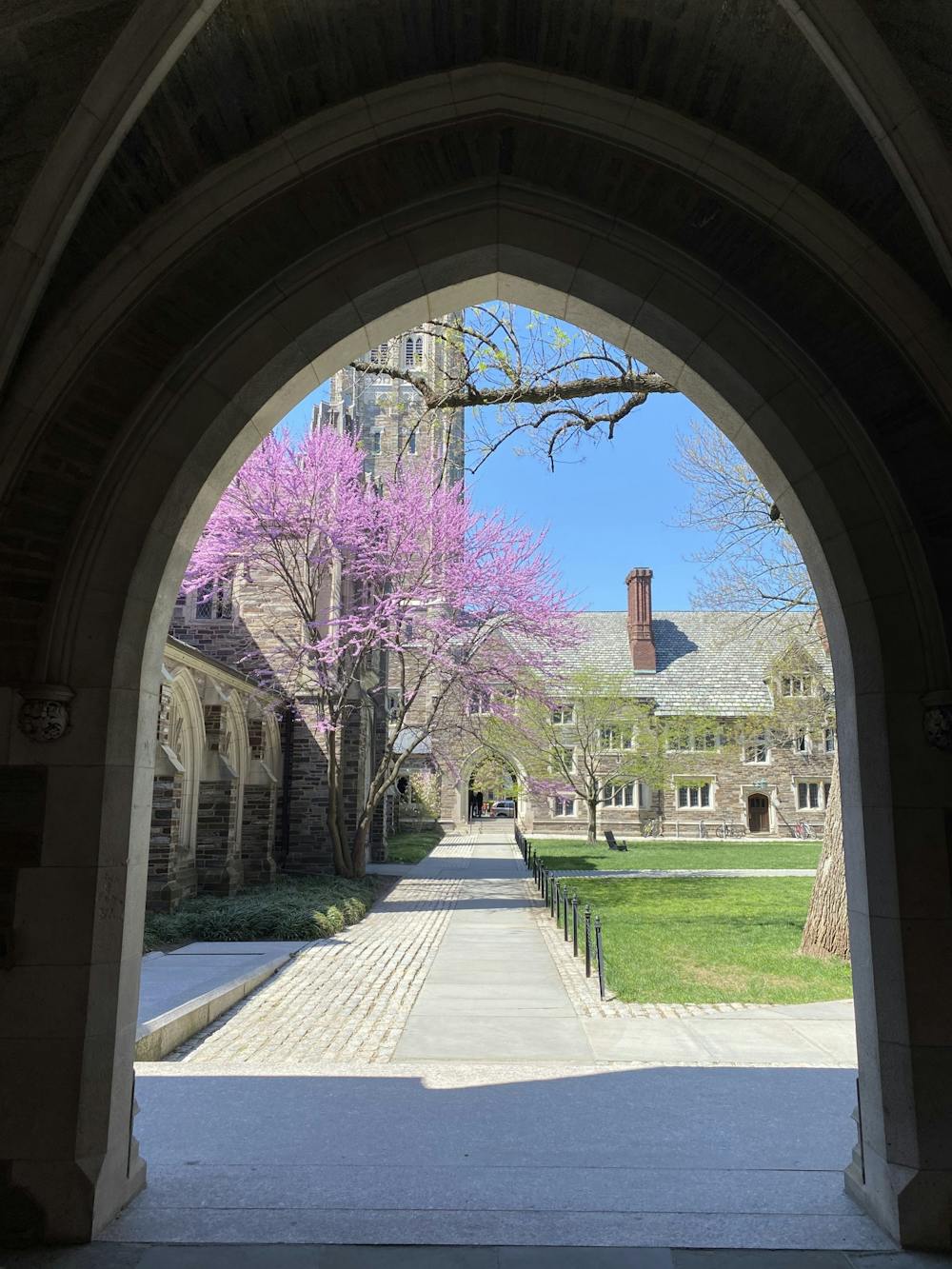On Thursday, the Supreme Court finalized its long-awaited decision regarding affirmative action, ruling the practice unconstitutional on the grounds that it violates the 14th Amendment’s Equal Protection Clause in the Constitution. Some have argued that this ruling is a step in the right direction of ending racial discrimination. After all, it prohibits the consideration of race in admissions. This can’t be further from the truth.
In losing affirmative action and upholding a color-blind principle for the sake of an “equal playing field,” we egregiously assume that America is an equal playing field in the first place.
Critics declare that affirmative action is unfair because it weighs certain applicants differently, but that is the point. I want to highlight what Associate Opinion Editor Ashley Olenkiewicz described last year as “the intentionality of [affirmative action’s] unequal nature” that helps to “rectify the effects of the United States’ abhorrent racial history.” In other words, its partiality is needed in a system where there is a continuous disparity between different communities.
Equality and meritocracy cannot thrive in a country where such things were never the priority in the first place. A lack of affirmative action will only exacerbate this issue. Past affirmative action bans in other states make this clear: at the University of Michigan Law School and the University of California, Berkeley, the numbers of incoming Black, Hispanic, and Native American students decreased remarkably following the end of affirmative action in those states in 2006 and 1999 respectively. The number of Black students in the California State University system halved after the decision — it went from eight percent to four percent. Those who celebrate this decision must understand the consequences it will have on the state of inclusion in higher education.
Some have sought refuge in the idea that universities can still consider experiences without considering race. In the ruling, Chief Justice John Roberts asserted that too many universities "have concluded, wrongly, that the touchstone of an individual’s identity is not challenges bested, skills built, or lessons learned but the color of their skin." But in what circumstances are such aspects entirely separate from one another?
As former Senior Columnist Julia Chaffers maintained in 2019, “it is not enough to state that race does not define people, and thus should not be considered in admissions, without recognizing the work race and racism does to define people’s lives every day.” The point is not abstract. Faculty Columnist and Professor of Anthropology Agustín Fuentes solidified this thought when he described his experience as an undergraduate in November, noting his unique background and how that affected his college application, and writing that “students’ lived experiences and ‘particular contexts’ are shaped by their race or ethnicity alongside many other variables.”
Affirmative action was never an end-all, be-all for ending racial discrimination in education, but it has aided in providing fairer opportunities in a way that “color-blindness” will never be able to truly achieve.
There are some steps universities can take. It is imperative that institutions remain steadfast in nurturing diversity and inclusion on their campuses despite this setback. With regard to Princeton, in particular, University President Christopher Eisgruber commented last fall that the University “will do [their] best to be creative within the limits of the law,” saying in another interview that Princeton pushes “very hard on socioeconomic diversity.” With the recent outcome, Princeton needs to go even further. Princeton must reconsider other aspects of the admissions process that benefit the white and wealthy, including its continuous preference for legacy students. For the Class of 2026, for example, legacy students secured 12.5 percent of acceptances.

Equally important, I hope students in their higher education journey remain as vocal as possible when it comes to how their backgrounds have impacted them. In doing so, we not only bring awareness to the importance of their unique lived experiences, but we also continue to preserve the much-needed diverse set of perspectives in education that people can learn from.
Gisele Bisch is a Native Hawaiian Senior Columnist who writes about issues ranging from education to identity and Indigenous rights. She can be reached at gb8528@princeton.edu.









